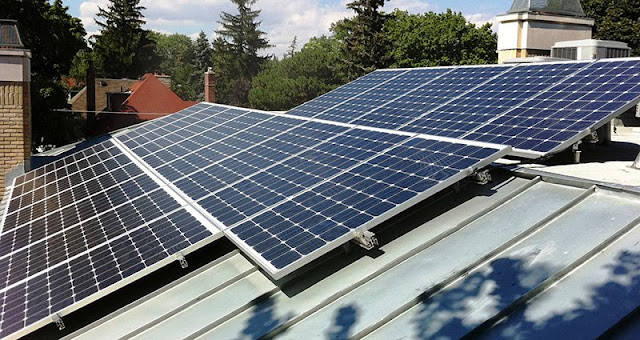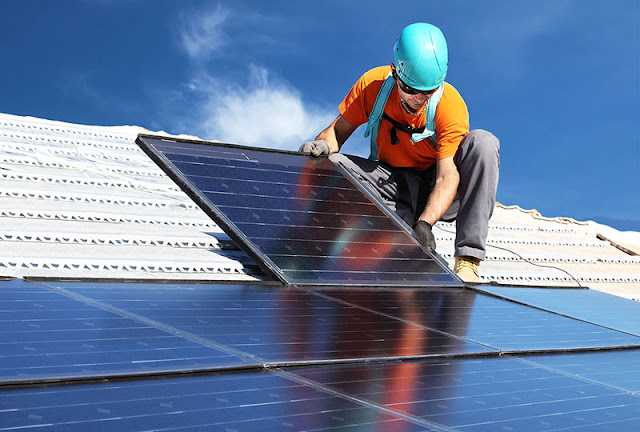 |
| Some advices for installing a solar powered system in your home |
Local and federal government programs have made solar power more accessible than ever. Not only does using renewable energy reduce your home's carbon footprint, but it can also yield tax benefits. There are three important factors you should consider before you make the decision to install panels to generate energy for your home. This will prevent you from encountering any problems that could cause changeover delays or unforeseen expenses.
1. Consider the Price of Your New Installation
 |
| Consider the Price of Your New Installation |
Government subsidies and tax benefits have made solar power more financially accessible than ever before. However, it still may take some budgeting to make the switch. Many states have assistance programs available for those who would like to convert to a sustainable energy source. Renewable energy providers also typically have financing programs available for customers, and some may even offer rebates. There are also many companies that will allow you to rent or lease a solar panel system for your home, which can mitigate the upfront cost.
2. Does Your Home Get Enough Sun Throughout the Year?
 |
| Does Your Home Get Enough Sun Throughout the Year? |
Most areas on the West Coast receive enough sun to generate significant savings in electricity bills through the use of solar power. It's important to install the panels in a location where they receive the maximum amount of sun exposure throughout the day. An optimal location is on a rooftop that faces south, as this will yield the most exposure to sunlight. Trained technicians will be able to assess your property and determine the best placement. Solar panels can be installed in your yard as well if your rooftop is not a viable option.
3. How Much Power Do You Really Need?
One thing to consider is if your new energy system will be able to handle the amount of energy that your house consumes. The US Department of Energy has a chart that can help you determine how much roof or yard space you will need to install a large enough energy system to accommodate your electricity consumption. If it doesn't seem like you have enough space, there are other options available. You can also use a hybrid system or invest in energy-reducing appliances to lower your electricity needs.
It is much easier to convert to a renewable energy source now than ever before. Before you install panels on your home, make sure to thoroughly research the requirements and assess your current energy consumption level so that you will be able.
More info about installing solar powered system in your home.
More info about installing solar powered system in your home.












EmoticonEmoticon